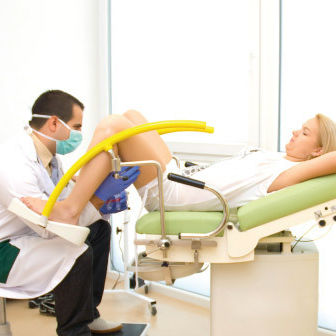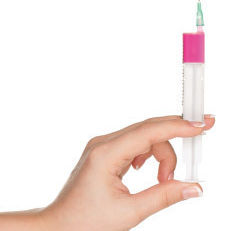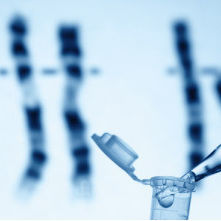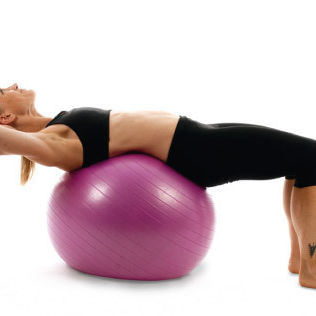Health Watch: Alphabet Soup

If you’re someone who tries to stay on top of the latest recommendations about your health, you may have found the news about vitamins and supplements more confusing than helpful in recent years. Where’s a concerned, health-conscious person to turn?
To your doctor, of course. Practitioners like Amy Cantor, assistant professor of ob-gyn and family medicine at the OHSU Center for Women’s Health, base their recommendations on the same research that the media reports on. But while a news outlet may sensationalize a headline in an effort to draw in readers (“Supplemental calcium leads to heart attacks!”), doctors have the expertise and the resources to explain research findings to patients (supplemental calcium may be associated with heart attacks in some people; more research is needed).
When reviewing scientific research, Dr. Cantor notes, it is important to understand how the research was conducted: Was it a self-reported survey? Was there a control group? “If you just happen to be Googling for health news, you can be overwhelmed,” she says. “Go to the source.” She recommends reading the study itself and looking for dot-gov sites like the US Preventive Services Task Force to find reliable information.
One supplement with enough proven effectiveness to earn Dr. Cantor’s wholehearted recommendation is folic acid for pregnant women. She recommends this B vitamin to all of her patients who have the potential to get pregnant. Half of all pregnancies in the US are unplanned, and to reduce the risk of neural tube damage from folic acid deficiency, supplements should be started at least one month before getting pregnant. Besides food sources like leafy greens, any prenatal vitamin and some multivitamins will provide an adequate dose (0.4 to 0.8 mg).
What about women in other stages of life? Generally, Dr. Cantor says, healthy, premenopausal women eating a balanced diet will not need to supplement, although she won’t keep anyone from taking a multivitamin, which has not been shown to cause any harm and may be helpful.
Some older female patients have been advised to take low-dose calcium supplements to prevent bone fractures, but in June the Preventive Services Task Force released a recommendation against the practice, based on a lack of evidence that it does any good and citing an increased risk of kidney stones. Calcium can also come from a good diet.
Some supplements Dr. Cantor would consider recommending to patients with specific conditions, but not to the general population. Fish oil, in conjunction with dietary changes supervised by a doctor, can help with high cholesterol, and menopausal women struggling with hot flashes may find relief through black cohosh. Women with an iron deficiency, which can develop from heavy periods or pregnancy, may need extra iron.
The risk of overdosing on vitamins is low, but people do need to be careful about drug interactions. Dr. Cantor cautions against taking any supplements without talking to your doctor about the other medications you’re taking.
Like those of us looking for the latest in health care news, Dr. Cantor keeps an eye out for health reports. “There’s a lot of information out there, and it’s hard to know what’s accurate,” she says. “Helping patients navigate that is part of my job.”











